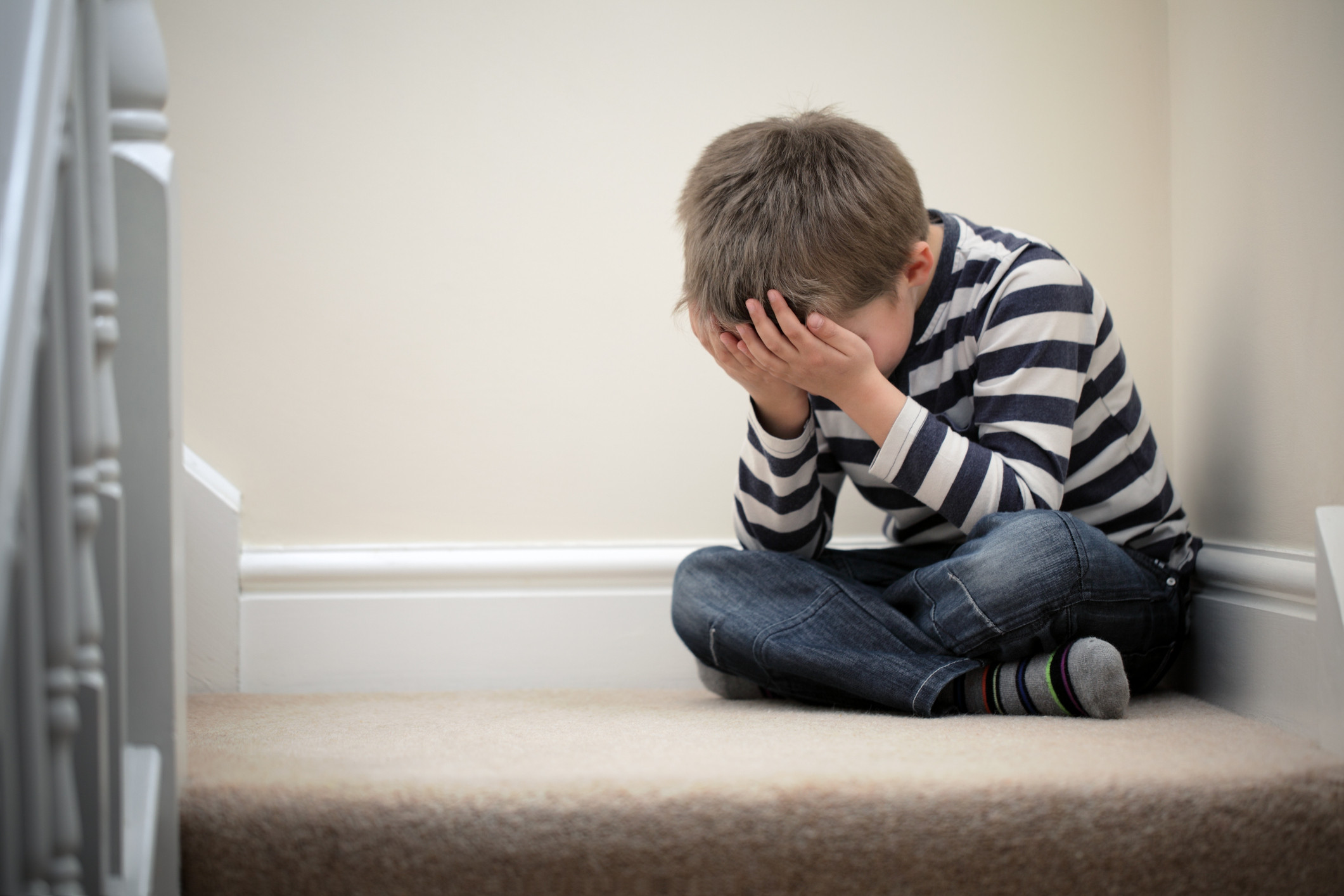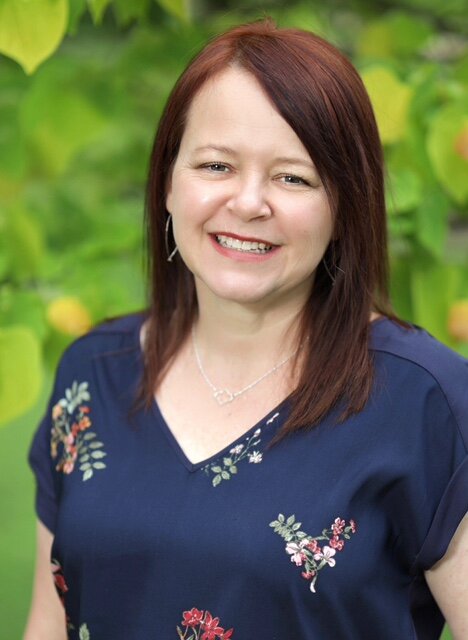Discipline is Not About Control
As parents, we typically have a lot of ideas about discipline. For some, discipline is about teaching a lesson. For others, discipline is about compliance. You may discover that some of your ideas about discipline are related to the way you were parented. What if we reframed discipline and we thought of discipline as an opportunity for children to practice self-control, self-regulation and personal responsibility? One day your child will grow up and you won’t be there to help them control themselves. So how can we empower children to practice self-control now?
Helping Kids Learn to Self-Regulate
We tend to believe that discipline is about controlling our children and gaining compliance. But one day your child is going to need to make choices on their own. So, shouldn’t the goal of discipline be an opportunity for practice?
When a child is out of control and we step in, what is the child learning? I can be as out of control as I want, and my parents will step in and control my behavior. In stepping in and demanding control, we have robbed the child of the opportunity to practice self-control. We have essentially told them we will regulate them. If we use threats and directives we step in and make the choice for the child. And the child walks away from that interaction with no learned skills or opportunities.
Kids Need Practice
Children are not cognitive. They live in the here and now. So, when we allow children the opportunity to self-regulate, they need practice. Generally, children have very little control over their world. So, when we give children an opportunity to practice self-control, we need to understand that this is not a “quick fix”. In other words, when we give children an opportunity to self-regulate, we need to expect that they will need time and practice to do so. This is a learned process that takes time. If we are consistent in our efforts, kids learn that when they choose a behavior there is an outcome associated with that choice.
Offering Choices
One way of allowing this practice is through limit setting. When you set a limit and offer alternative choices you allow your child to practice self-control and self-regulation. When you offer them an alternative, the child is now forced to decide how to control their behavior.
We need to recognize that offering choices during limit setting is a cognitive process and thus children need processing time. Remember, children are not cognitive in nature and making a choice is a cognitive process. We as adults tend to expect immediate compliance. Again, your child needs time and practice for self-regulation.
Raising Healthy Kids
One day our children will grow up and will face bigger choices. We want children to learn that they are capable and competent. We want to raise healthy kids that turn into teens and adults who know how to self-regulate and accept responsibility.
If you’d like to learn more about these skills and take a deep dive into new ways to discipline, we’d love to invite you to consider our parenting course. To learn more, please visit our website or set up a free consultation. We’d love to help support you as you learn new ways of understanding and implementing discipline with your child.


